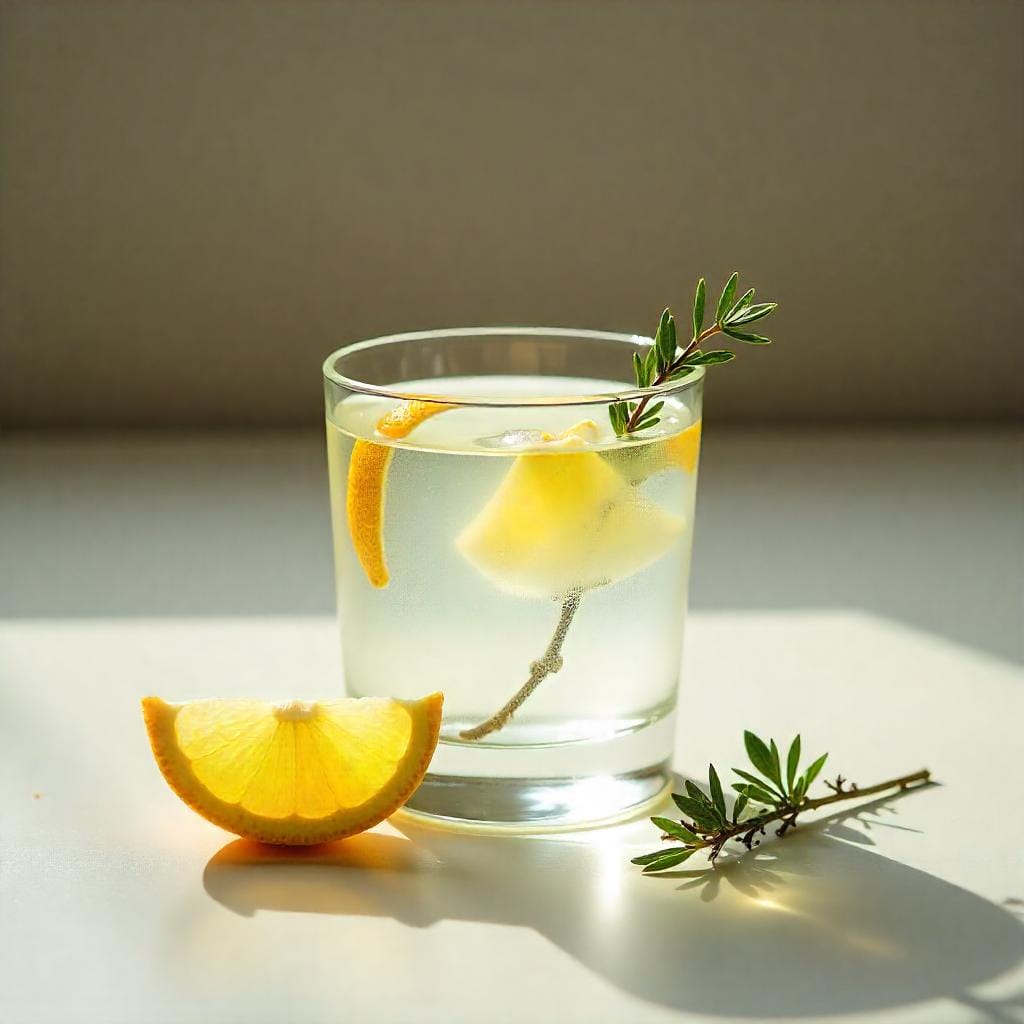Ever stood at the bar, menu in hand, and hesitated—gin or vodka? It’s not always an easy call. They might look the same in your glass, but the flavour, feel, and experience they offer couldn’t be more different. This isn’t just about what’s in your cocktail; it’s about the moment you’re in, your mood, and the memories you’re making. Whether you’re curious about the difference between gin and vodka or searching for the best spirit for cocktails, this guide is here to help you sip with a bit more certainty.
Base Ingredients
At a glance, gin and vodka might seem like spirit cousins—but their DNA tells a different story. Vodka tends to be made from fermented grains or potatoes, then distilled until it’s as neutral and smooth as possible. Gin, on the other hand, begins much the same way but takes a turn towards nature, picking up character from botanicals—with juniper berries leading the charge.
That’s where the magic happens. The origin of these ingredients—whether it’s earthy wheat or citrusy peel—plays a big part in how each spirit tastes. So, if you’re chasing a flavour that feels a bit more grounded or layered, gin’s got the edge. For those who prefer a cleaner canvas, vodka stays out of the way.
Flavour Profile
Gin tends to speak up a little louder than vodka—it’s complex, a bit aromatic, and sometimes even surprising. You might taste a hint of citrus, a brush of pepper, or a waft of woodland herbs depending on the botanical spirits UK distillers choose. That’s the beauty of gin: it often reflects its maker’s creativity.
Vodka, in contrast, usually plays it cool—clean, smooth, and designed to fade into the background. That’s why it’s often picked for drinks where the mixer’s doing most of the talking.
So, what’s the best spirit for cocktails? Well, it depends. Want the spirit to stand out? Gin’s bold flavour profile will do the trick. Fancy something subtle and silky? Vodka is your go-to.
For those who love experimenting or pairing with flavoured tonics and fresh garnishes, gin’s variety wins. But if you prefer a steady, adaptable option, vodka’s neutrality is hard to beat.
Distillation Process
Both gin and vodka go through a similar journey at first—ferment the base, then distil it to purify and concentrate. That’s where vodka tends to stop. The aim? Strip away flavour, leaving a clean, neutral result.
Gin, though, has one more chapter: infusions. It’s here that craft gin distilling really shines. The spirit is re-distilled with botanicals, which means the final taste depends heavily on what goes into that infusion.
At Three Wrens, this part gets especially interesting. Our bespoke distilling service invites customers to influence the flavour themselves, adding a twist of your own personality. Whether it’s a touch of rosemary or a whole orchard’s worth of apple, this extra step gives gin its rich variety.
So, if you’re after a spirit that can be tailored to the moment, gin has more room to play.
Historical Origin
Vodka’s roots reach back to Eastern Europe—Poland, Russia, and the surrounding regions. It’s been around for centuries, tied to cold climates, hearty toasts, and cultural rituals. Traditionally distilled from whatever starches were local—grain, potato, even rye—it’s long been a household staple, often enjoyed neat.
Gin took a different path. It began in the Netherlands as “genever,” a juniper-heavy tonic used for medicinal purposes. British soldiers brought it home, and that’s where its transformation really kicked off. By the 18th century, it was both a street drink and a sophisticated choice.
This contrast shows up in the glass, too. Vodka’s about clarity and consistency. Gin reflects invention and place. So, in the vodka vs gin taste debate, history might just shape your preference more than you’d think.
Aroma
Smell can be a real scene-stealer—and here, gin definitely makes more of an entrance. Thanks to its blend of botanicals, every bottle tends to have a nose all its own. Juniper usually leads, but there’s often a symphony of scents in the background—citrus peel, cardamom, lavender, even tea.
Vodka’s aroma, on the other hand, is often described as subtle. That’s the point. Its clean profile means it won’t crowd the senses. Instead, it quietly lets your mixer—or garnish—do the talking.
So, if scent matters to your sipping ritual, gin might be the spirit that actually smells like something.
Colour
Most of the time, both gin and vodka look more or less the same—clear as glass and equally pourable. But look a little closer, and gin can sometimes carry a subtle tint. That usually comes from added botanicals, ageing in barrels, or natural infusions.
Three Wrens has played with this, too—some of their special editions hint at colour, like a blush from berries or a golden touch from spiced blends. It’s a small detail, yet one that hints at something more adventurous inside.
Alcohol Content
On paper, gin and vodka are pretty evenly matched—most bottles clock in at around 37.5% to 40% ABV, with some premium options pushing past that. What matters more, really, is how that alcohol feels and tastes in your drink.
Gin’s botanicals can mellow or enhance the strength depending on the blend. Vodka’s purity can make the alcohol feel sharper or, oddly, smoother depending on the brand. If you’re curious how strength influences sipping experience, take a look at our full guide to gin alcohol content.
Comparison Table
| Feature | Gin | Vodka |
| Taste | Botanical, aromatic | Neutral, clean |
| Common Use | G&Ts, martinis, botanical cocktails | Neat, mixed drinks, vodka martinis |
| ABV Range | 37.5–47% | 37.5–50%+ |
| Best Pairings | Citrus, herbs, tonic | Juice, soda, olives |
So, gin or vodka? It really depends on what you’re in the mood for. Gin tends to feel expressive, personal, and full of character—especially when it’s from a distiller like Three Wrens, where craft gin distilling isn’t just a process, but part of the story.
Vodka, though, still has its moment—smooth, adaptable, and ideal for when you want the mixer to shine.
Whether you’re picking out a bottle for a quiet evening, a gift box, or planning a tasting at The Nest, now you’ve got the confidence to choose with intention—not just guesswork.




